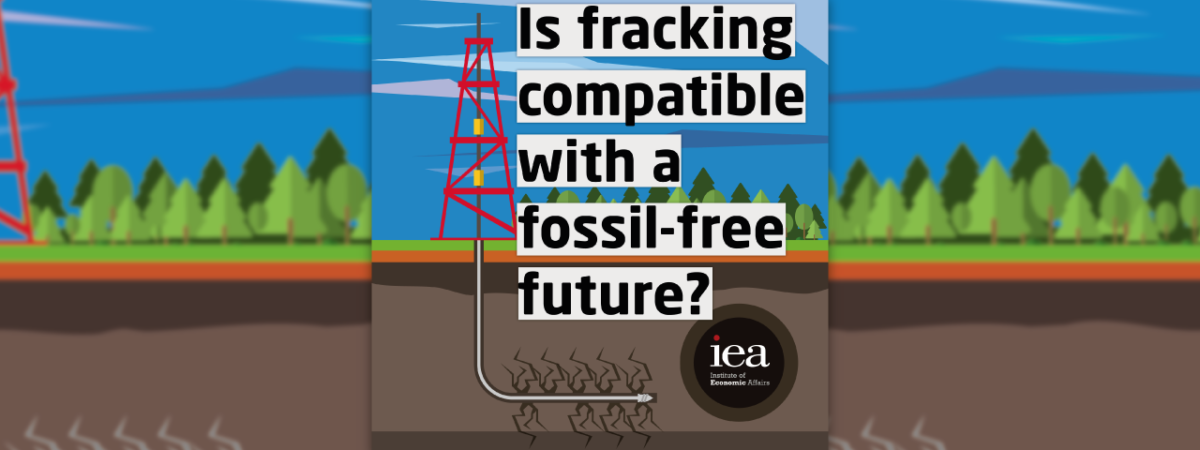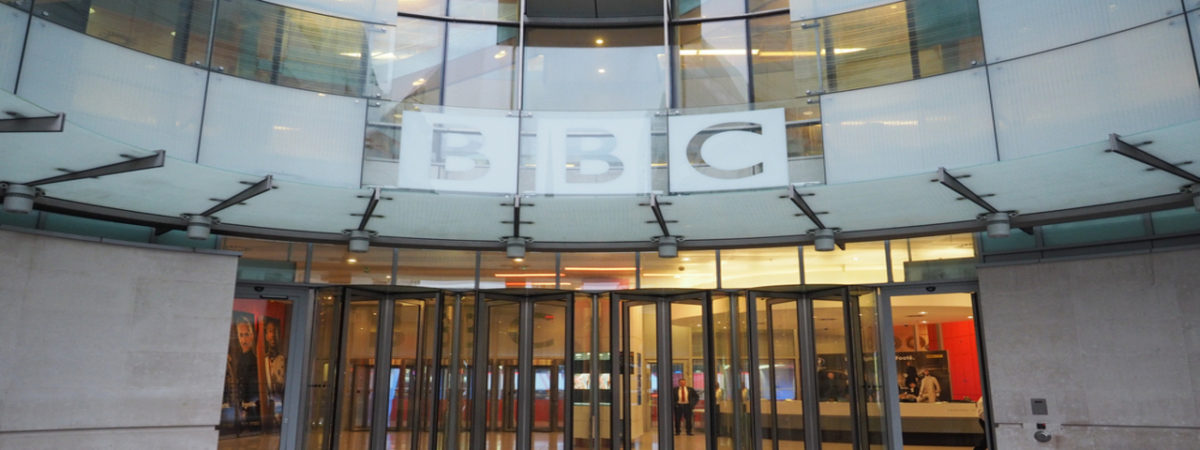IEA debate: After Brexit, is it time to get the government out of agriculture, and embrace free trade and free markets?
SUGGESTED



When the UK leaves the EU, we will have to reform our agriculture policy. Our new paper, Fertile Ground: Opportunities and challenges for UK agriculture, outlines how. The answer we propose is less tariff and less regulatory protectionism.
The first key policy we outline is to remove tariffs and quotas on food that we do not produce. This is essential if we want to lower prices for consumers, and particularly the poorest, who spend the highest proportion of their incomes on food. Furthermore, it can be done without harming British producers, as it largely concerns goods currently imported from the EU.
More controversially, it is also important that we dismantle the regulatory barriers keeping safe, affordable food out of the United Kingdom. As the EU’s poor record at the WTO shows, these policies largely constitute protectionism in another form. As outlined in our paper, US poultry is, by all measures, less harmful than that sold in the EU. Removing these barriers would help consumers access cheaper food in the same way as lowering tariffs, but it would also help producers. UK farmers need to be able to embrace new technologies, such as gene editing, and if the EU adopts the same regulatory approach to gene editing as it applies to GMO, then the UK should seriously consider breaking free of such regulatory restrictions.
Under the EU’s current approach to innovation, UK farmers risk being left behind by the rest of the world. The EU restricts technologies such as genome edited crops which can increase yields and require less pesticide use. The result is that costs are higher, and more land is given over to farming. Instead, we should apply the ‘precautionary principle’ in a less restrictive manner than that adopted by the EU. This would allow cheaper food into the UK, while encouraging farmers to adopt the latest technologies, advantaging them in their trade with the rest of the world.
If we follow these proposals, UK agriculture can become more globally competitive, provide high quality, affordable food to consumers, and better safeguard our environment.
NO – says Nick von Westenholz, Director of EU Exit and International Trade, National Farmers Union
Brexit, if we get it right, can provide an opportunity for British farming to become the envy of the world. But to deliver this, we need to create the right conditions in which British faming can thrive. It has been heartening to see a level of engagement on agricultural policy that has been sadly missing in recent years, and the new IEA report Fertile Ground: Opportunities and challenges for UK agriculture is a very welcome addition to the debate.
Nevertheless, it wouldn’t be fair or sensible to dismantle those current safeguards that keep food produced to different standards – in ways that would be illegal for our own farmers to use – out of the UK. The issue is about much more than food safety. For instance, in the UK we are proud of the high level of care we provide to our livestock throughout their lifecycle, and in poultry that means we can forego the need for disinfectant washes at the end of the production process, as are needed in the US. The UK public want their food to be safe, yes. But they also want it produced to high environmental and welfare standards that are often not the norm elsewhere in the world.
Brexit does provide a great opportunity to keep all of these issues under review, taking a science-based approach to regulation alongside support for a farming system that is in keeping with the values and expectations of the British public. A future agricultural policy must focus on measures that improve agricultural productivity and promote innovation, alongside helping farmers to manage volatility and rewarding them for protecting and enhancing our environment.
There are also few instances across the world of countries that don’t support their agricultural producers, primarily through financial assistance and trade policy. They do this to safeguard their food security and supply, to support often remote and excluded rural communities and (less commonly) to achieve environmental outcomes alongside agricultural ones. For these reasons and more, British farmers should continue to be supported once we leave the EU. We will be able to deliver more great, affordable and local food for British shoppers. We will be able to export more, putting farming at the heart of our resurgence as a great trading nation and setting new global food standards in the process. We will be able to increase our productivity, exploring new sustainable farming techniques that deliver for the rural economy and beyond. And we will be able to deliver all this while meeting high welfare standards and protecting and enhancing the British countryside.
1 thought on “IEA debate: After Brexit, is it time to get the government out of agriculture, and embrace free trade and free markets?”
Comments are closed.




would be illegal for our own farmers to use
Shanker wins this one. Nick has introduced a straw man, a trick in arguments where one talks about some body of people who do not exist. If only Nick had defined his terms.
To help Nick out, here’s what I mean – there is no such thing as farmers who belong to ‘us’. There are owners of agricultural land ( i.e. owners of capital therefore ) and there are people who work on agricultural land. Sometimes they are the same people e.g. the self-employed who both own and work their own land – perhaps because their business model under the current system stops them using their assets more productively so they never went became limited companies. It just wasn’t worth it. But there is no such thing as ‘our farmers’.